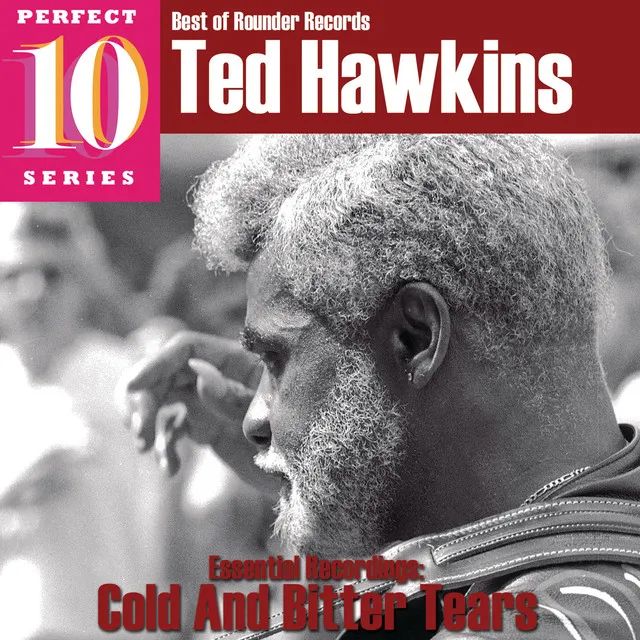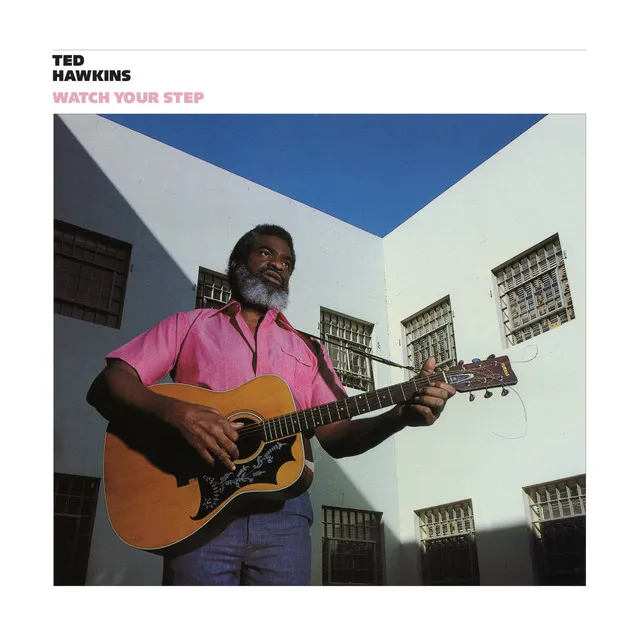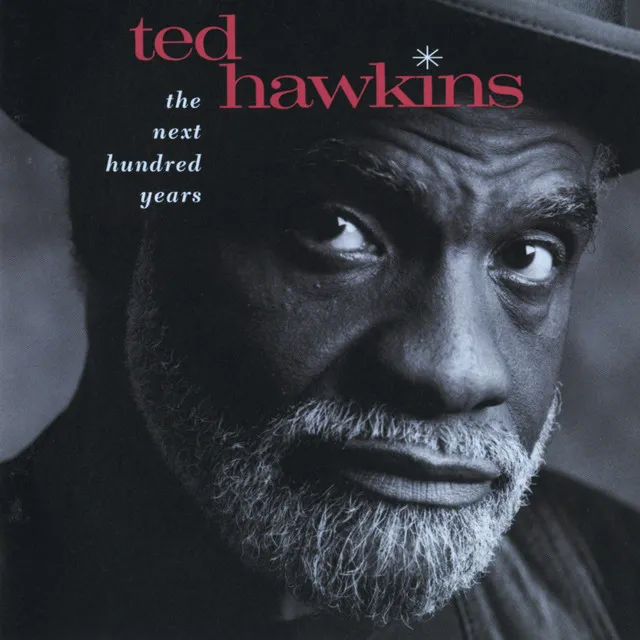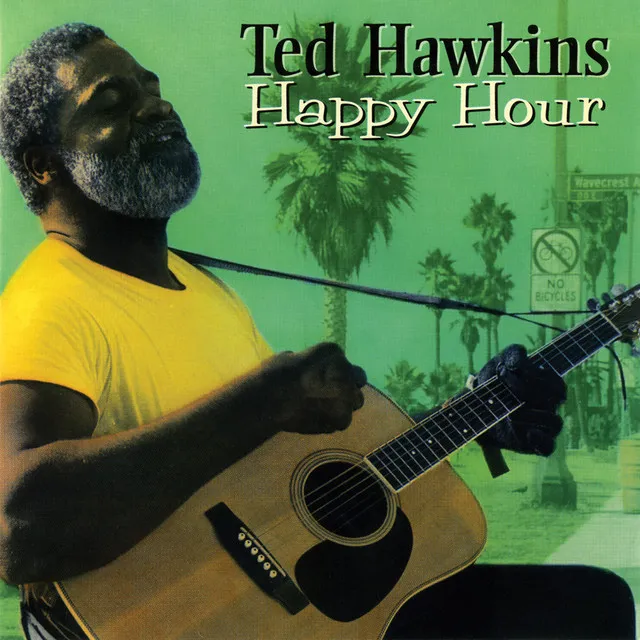Overseas, he was a genuine hero, performing for thousands. But on his L.A. home turf, sand-blown Venice Beach served as Ted Hawkins' makeshift stage. He'd deliver his magnificent melange of soul, blues, folk, gospel, and a touch of country all by his lonesome, with only an acoustic guitar for company. Passersby would pause to marvel at Hawkins' melismatic vocals, dropping a few coins or a greenback into his tip jar.
That was the way Ted Hawkins kept body and soul together until 1994, when DGC/Geffen Records issued The Next Hundred Years, his breakthrough album. Suddenly, Hawkins was poised on the precipice of stardom. And then, just after Christmas that same year and in a bout of cruel irony, he died of a stroke.
Hawkins' existence was no day in the park. Born into abject poverty in Mississippi an abused and illiterate child, Hawkins was sent to reform school when he was 12 years old. He encountered his first musical inspiration there, from New Orleans pianist Professor Longhair, whose visit to the school moved the lad to perform in a talent show. But it wasn't enough to keep him out of trouble. At age 15, he stole a leather jacket and spent three years at Mississippi's infamous state penitentiary, Parchman Farm.
Roaming from Chicago to Philadelphia to Buffalo after his release, Hawkins left the frigid weather behind in 1966, purchasing a one-way ticket to L.A. Suddenly, music beckoned; he bought a guitar and set out to locate the ex-manager of Sam Cooke (one of his idols). No such luck, but he did manage to cut his debut 45, the soul-steeped "Baby"/"Whole Lot of Women," for Money Records. When he learned no royalties were forthcoming from its sales, Hawkins despaired of ever making a living at his music and took to playing on the streets.
Fortunately, producer Bruce Bromberg was interested in Hawkins' welfare, recording his delightfully original material in 1971, both with guitarist Phillip Walker's band ("Sweet Baby" was issued as a single on the Joliet label), and in a solo acoustic format (with Ted's wife Elizabeth occasionally adding harmonies). The producer lost touch with Hawkins for a while after recording him, Hawkins falling afoul of the law once again. In 1982, those tapes finally emerged on Rounder as Watch Your Step, and Hawkins began to receive some acclaim (Rolling Stone gave it a five-star review). Bromberg corralled him again for the 1986 encore album Happy Hour, which contained the touching "Cold & Bitter Tears."
At the behest of a British deejay, Hawkins moved to England in 1986 and was treated like a star for four years, performing in Great Britain, Ireland, France, and even Japan. But when he came home, he was faced with the same old situation. Once again, he set up his tip jar on the beach, donned the black leather glove he wore on his fretting hand, and played for passersby, -- until DGC ever so briefly propelled him into the major leagues. Ted Hawkins was a unique talent, unclassifiable and eminently soulful. For a year or so, he was even a star in his own country. Love You Most of All: More Songs from Venice Beach was issued posthumously in 1998. ~ Bill Dahl, Rovi




